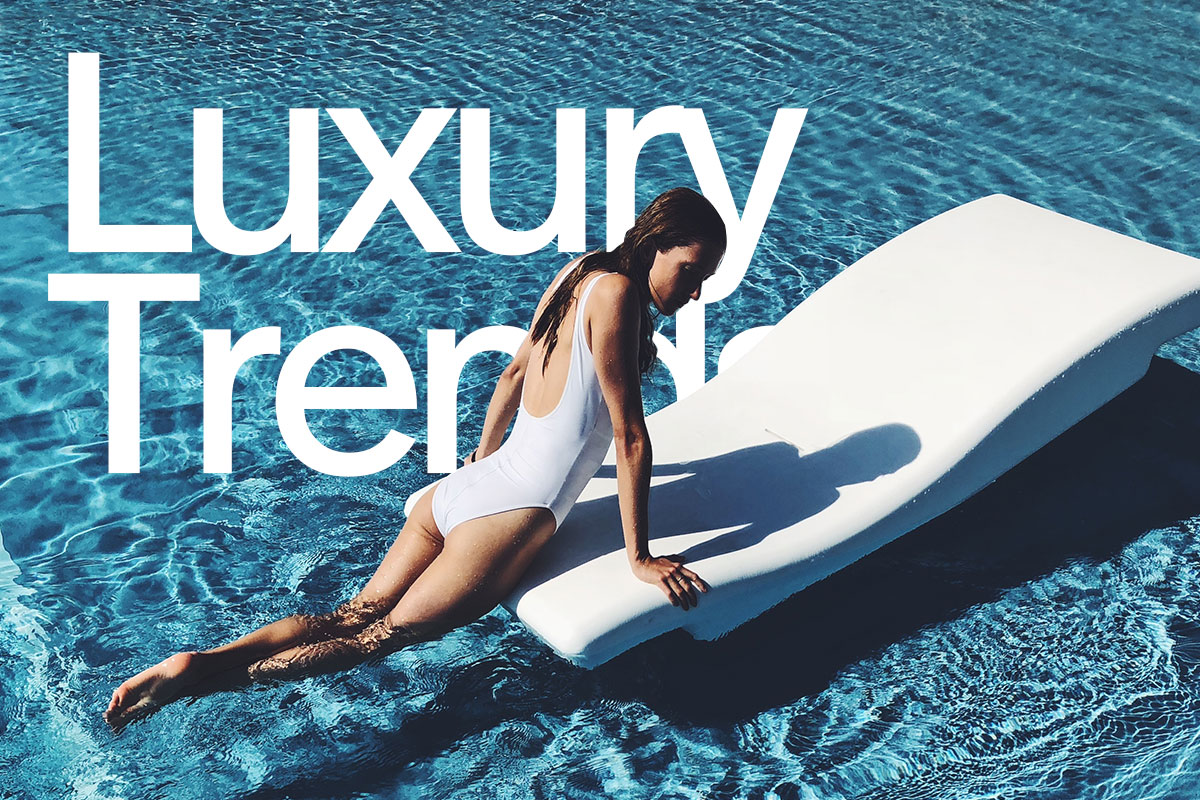Join our network of over 200+ hotels growing their direct revenue online. Get Started
Join our partner networks of over 200+ hotels. Get Started
View what our clients say about us. Testimonials
Join our network of over 200+ hotels growing their direct revenue online. Get Started
Join our partner networks of over 200+ hotels. Get Started
View what our clients say about us. Testimonials
The landscape of digital marketing within the luxury hotel sector is as dynamic as it is discerning. In a world where guest expectations are constantly evolving, luxury brands such as Aman, Four Seasons, and Ritz-Carlton are not just keeping pace but setting the trends for 2024. This article dives deep into the digital innovations shaping luxury hospitality, offering insights and actionable strategies for luxury hotel marketers.

At the heart of any luxury brand’s online presence is its story. Aman has mastered the art of digital narratives, conveying a sense of exclusivity and serenity that resonates with its audience. A standout example is their digital campaign for Aman Tokyo, which immerses viewers in the tranquility and unique architecture of the resort, effectively transporting them to the serene environment Aman is celebrated for (Aman).
Similarly, Four Seasons has leveraged high-quality experiential videos and imagery to showcase the unparalleled experiences available at their properties. Their recent virtual tour of Four Seasons Resort Bali at Sayan garnered significant engagement by offering an immersive look into the lush surroundings and luxurious accommodations, setting a benchmark for digital storytelling (Architectureau).
The Ritz-Carlton brand has long been synonymous with personalised guest experiences. By integrating advanced CRM systems and AI, they have taken personalisation to new heights. A case study highlighted their personalised email campaign targeted at past guests, offering tailored package deals that resulted in a notable increase in repeat bookings, underscoring the importance of customised communication in driving loyalty and satisfaction (Aman).
In the realm of social media, authenticity rules. Luxury hotels have found value in leveraging Instagram and user-generated content to create authentic endorsements. A successful campaign by the Waldorf Astoria showcased guests’ curated experiences through user-generated content, significantly enhancing brand authenticity and engagement. Furthermore, behind-the-scenes looks and special events, like the exclusive culinary series at The Ritz-Carlton, Kyoto, have proven effective in driving engagement and enriching the brand narrative (Architectureau).
The strategic selection of influencers for curated stays has emerged as a pivotal trend. A collaboration between the Maldives’ Soneva Fushi resort and a well-known travel influencer resulted in a dramatic increase in visibility and enquiries, demonstrating the power of influencer partnerships in amplifying luxury experiences and reaching new audiences (Aman).
Technological innovations are transforming the guest experience. The adoption of AR and VR for virtual property tours has enabled brands like the St. Regis Maldives Vommuli Resort to offer potential guests a captivating preview of their stay (Aman). Additionally, mobile apps offering concierge services and personalised room settings have elevated the guest experience, with brands like Hilton’s Conrad offering app-based controls for room temperature, lighting, and service requests, reflecting the growing expectation for digital convenience (Aman).
Sustainability has become a core component of luxury hotel marketing. Brands are incorporating digital storytelling around their sustainability efforts, such as Six Senses’ coral reef restoration program. By showcasing these initiatives through engaging digital content, luxury hotels are appealing to the growing demographic of eco-conscious travellers, proving that luxury and sustainability can go hand in hand (Architectureau).
The use of big data analytics for deep customer segmentation and targeted marketing campaigns represents a significant trend. An example of this is Marriott’s targeted campaign for their Bonvoy members, which used customer data to offer personalised travel experiences, leading to a high conversion rate (Aman). Predictive analytics also plays a crucial role in anticipating guest needs and preferences, further personalising the guest experience.
The digital trends shaping the luxury hotel sector in 2024 emphasise innovation, personalisation, and sustainability. As luxury hotels continue to navigate the digital landscape, the adoption of these trends will be instrumental in staying competitive and appealing to the discerning traveller. By embracing digital storytelling, personalised guest experiences, and sustainable practices, luxury hotels can ensure that they not only meet but exceed the evolving expectations of their guests.
We're here to help our hotel partners take back control of their sales channels - we’re
happy to discuss your requirements and explore how we can increase your revenue.